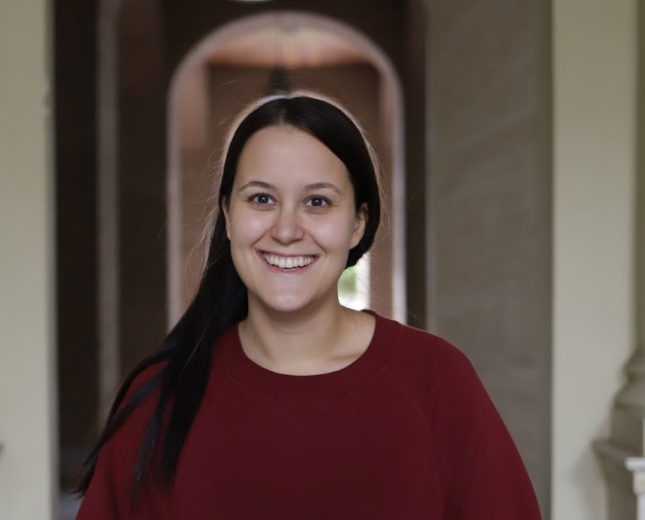For the past two weeks, it seems as if that’s a question I’m constantly answering. I don’t only think that. I’m sure that this is the most popular question. Only in February, I had to talk about my country of origin:
- in every first class lesson of the new programme,
- in a meeting with a professor with whom I’ll be working on a project,
- in a conversation with every new classmate,
- at the dentist (three times!).
Today I was thinking about it and nostalgically said to myself “oh, I do miss Slovenia a bit, nobody ever wants to know where I’m from”, but a second later I realized that that’s not true. No matter where I am, in Slovenia or abroad, someone will always ask me “and where are you from?”. Sometimes this is even more important than my name, as if a place defines my characteristics.
If I’m on a street with neighbours who don’t know me, they’ll ask me which house I belong to. In primary school, I had to define the part of Radvanje that I cam from. Let’s continue with high school, where the question referred to the part of Maribor I come from (and where I most often got one of two additional questions in return: “That’s quite close to here, right?” or “Where is Razvanje and where Radvanje again? Isn’t that the same?”). At the University in Ljubljana, the question referred to the town and I will always find it funny how people from Ljubljana react to the word Maribor (again, there were two reactions: “Blergh, viole” or “Iz Maribora si, ČUJ.”*)
*I feel like in this case, additional explanations are necessary. “Viole” is a name for the football club from Maribor. Since Ljubljana is the capital and Maribor the second biggest city, it’s not surprising that the football clubs are great rivals. The second sentence literally means “You’re from Maribor, INNIT” and the use of “innit” is about as inappropriate as the use of “čuj”. It’s something that people from Ljubljana just think we say a lot. Even though we don’t. But you try convincing them.
As I grow up, my place under the sun is becoming bigger. Street. Area. City quarter. City. Now the country is the one I define myself by. People are simply interested in knowing who they’re talking to, even though Slovenia is so small that sometimes I get only empty looks in return. I have perfected the question “But do you know where Slovenia is?” so that now I don’t insult anyone (the geographic comparison with Austria and Italy usually helps a lot). After all, I am often the first of my kind that someone meets and I don’t want anyone to have a bad experience with the magical Slovenian creature.
I don’t take their lack of knowledge personally. I myself don’t know all countries and I definitely don’t know how to reliably place them on a map. I don’t expect people to know off by heart that Slovenia is in the European Union or that we use the Euro or that Slovenian is actually a language. I am especially forgiving towards people from other continents. If I don’t know how to arrange smaller Asian countries on a map, why would a Korean know how to put together the puzzle pieces of Europe?
But sometimes I still wish that some people listened to themselves when they’re asking me about Slovenia. Listed below are the things I heard in the past year and a half (but luckily not from the same person):
- Is Slovenia the same as Slovakia?
- Is Slovenia the same as Serbia?
- Slovenia … that’s in Yugoslavia, right? (*a question especially preferred by the elderly)
- How are your Russian neighbours doing?
Now I’ve given up. In a good way, of course. I expect the question “Where are you from?” and proudly answer “From Slovenia”. Even if nobody knows where that is and my answer is forgotten a second later. As long as I know it, that’s all that matters.

